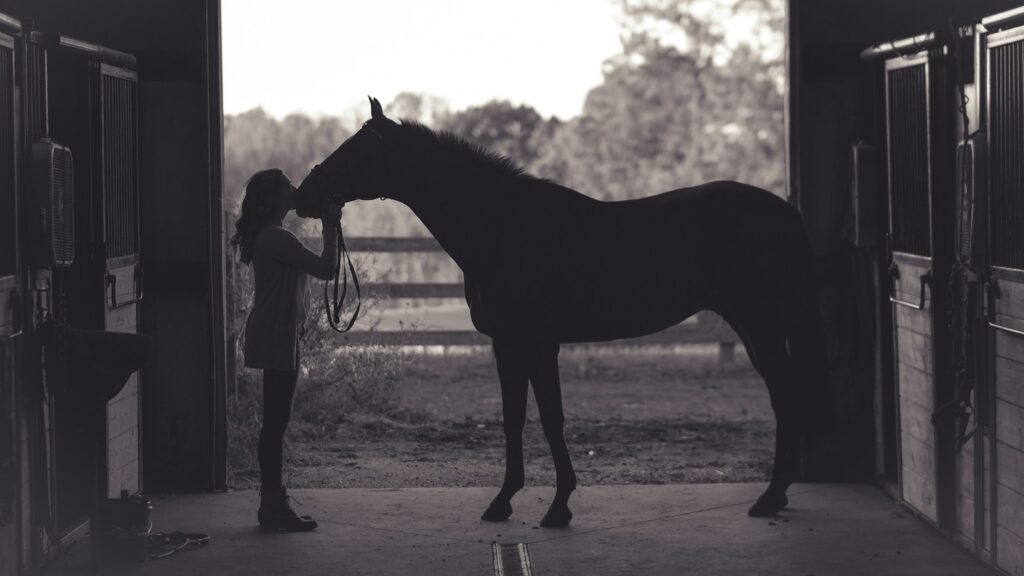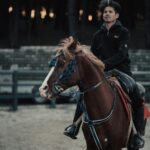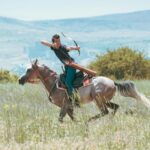In recent years, a transformative trend has been gaining momentum in the travel and wellness sectors—equestrian wellness retreats. These specialized getaways combine the ancient bond between humans and horses with modern wellness practices, creating immersive experiences that nurture both body and soul. From the rolling hills of Tuscany to the vast plains of Montana, these retreats offer unique opportunities for personal growth, stress relief, and reconnection with nature. The therapeutic power of horses, long recognized in equine-assisted therapy settings, has now evolved into comprehensive wellness experiences that attract both seasoned riders and those who have never approached a horse before. As our digital lives grow more demanding and disconnected from nature, these equestrian sanctuaries provide a compelling alternative—a chance to slow down, breathe deeply, and find balance through the wisdom of horses.
The Historical Roots of Equine Therapy
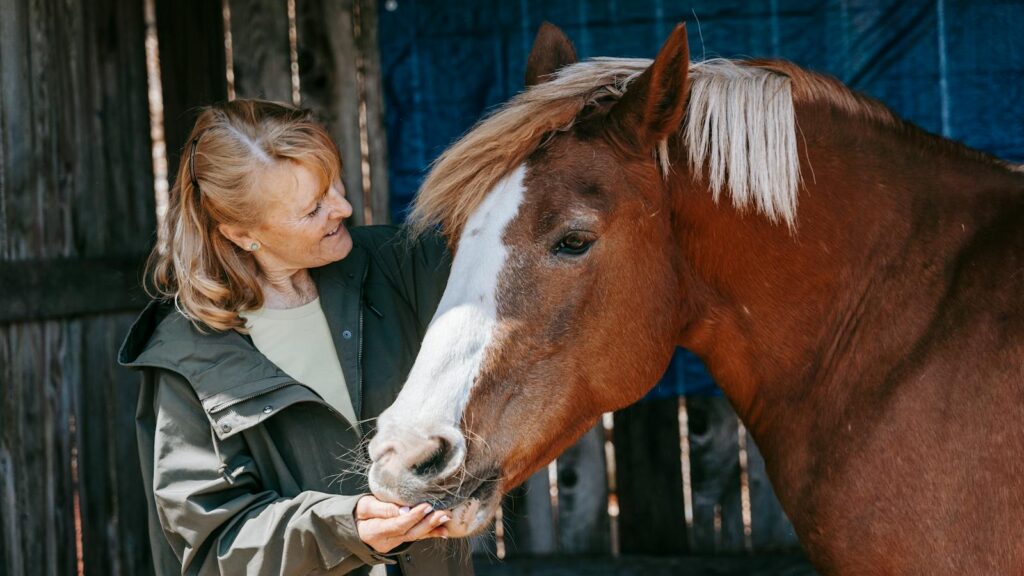
The healing relationship between humans and horses dates back thousands of years, with evidence of therapeutic riding appearing in ancient Greek writings as early as 400 BCE. Hippocrates himself wrote about the “healing rhythm” of horseback riding, noting its beneficial effects on patients’ physical and mental wellbeing. Throughout medieval Europe, horses were prescribed as therapy for various ailments, with physicians documenting improvements in posture, muscle tone, and mood among their patients. The modern foundations of equine-assisted therapy were established in the 1950s, when therapeutic riding programs began appearing in Europe and North America following the success of Liz Hartel, a Danish equestrian who won a silver medal in dressage at the 1952 Helsinki Olympics despite having paralysis from polio. This historical foundation has evolved into today’s sophisticated wellness retreats, which draw upon centuries of accumulated wisdom about the horse-human connection.
The Science Behind Equine-Human Connection

The therapeutic benefits of horse interaction are increasingly supported by scientific research, explaining why equestrian wellness retreats have such profound effects on participants. Studies have shown that human heart rhythms can synchronize with those of horses during interaction, creating a physiological connection that promotes relaxation and stress reduction. This phenomenon, sometimes called “entrainment,” helps explain why being around horses can significantly lower cortisol levels and blood pressure. Researchers have also documented increases in oxytocin—the “bonding hormone”—during human-horse interactions, similar to the biochemical responses that strengthen human relationships. Neuroimaging studies reveal that equine-assisted activities activate areas of the brain associated with emotional regulation, mindfulness, and social cognition. This growing body of evidence provides scientific validation for what many retreat participants report intuitively: horses have a unique ability to help humans access emotional states conducive to healing and personal growth.
Types of Equestrian Wellness Experiences
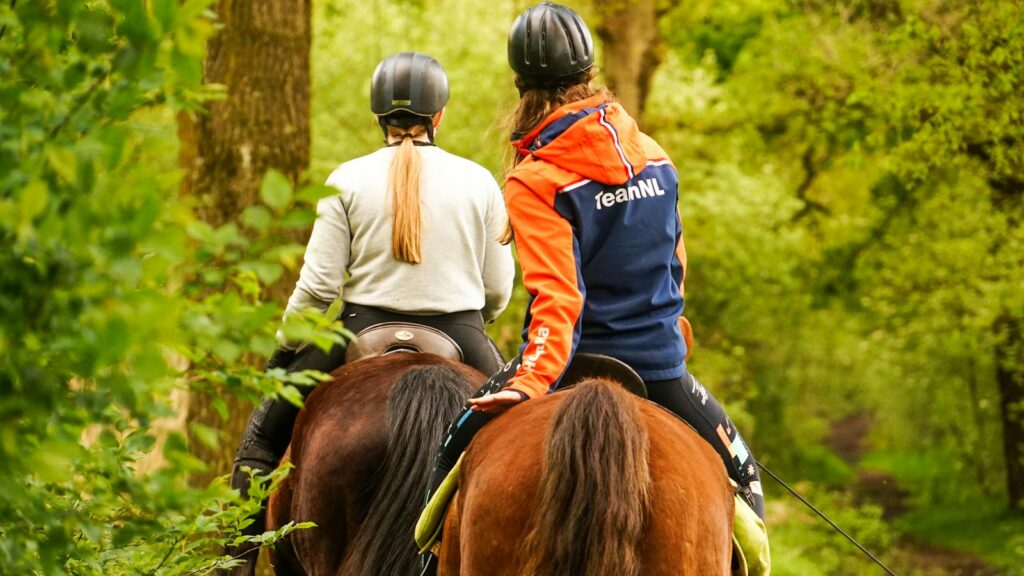
Equestrian wellness retreats have diversified to offer experiences tailored to various interests and therapeutic goals. Mindful horsemanship retreats focus on developing presence and awareness through ground-based exercises with horses, often incorporating meditation practices. Equine-assisted psychotherapy retreats pair licensed mental health professionals with equine specialists to facilitate emotional healing through structured interactions with horses. Adventure-based programs combine trail riding through spectacular landscapes with wellness activities like yoga, massage, and nutritional coaching. Horsemanship skills retreats help participants develop riding abilities while emphasizing the mental and physical wellness benefits of proper equitation. Some specialized retreats target specific issues like grief recovery, addiction healing, or trauma processing, using the horse-human bond as a catalyst for transformation. This diversity of offerings ensures that almost anyone can find an equestrian wellness experience aligned with their personal goals and comfort level with horses.
Leading Destinations in Europe
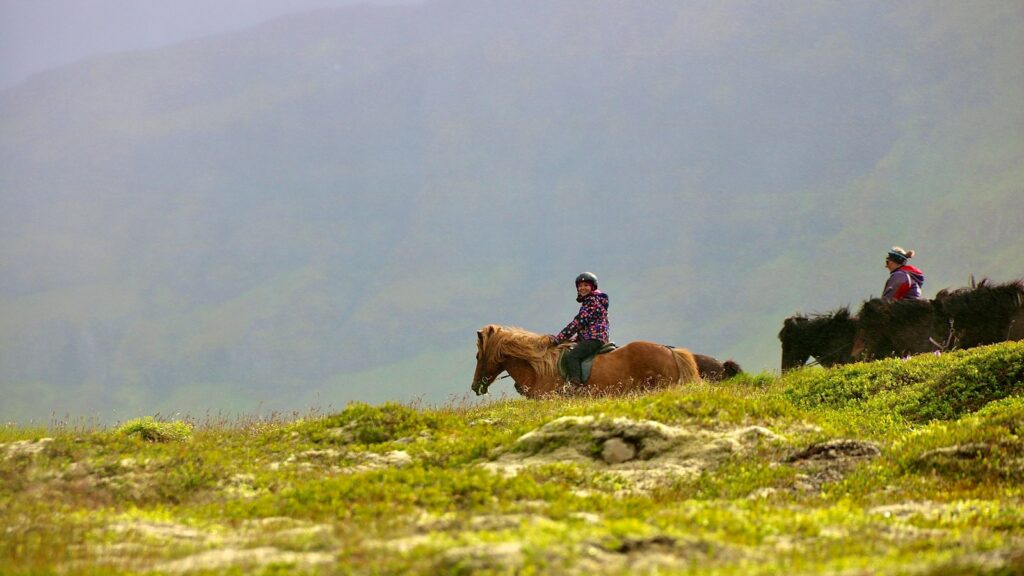
Europe offers some of the world’s most sophisticated equestrian wellness retreats, often set against backdrops of historic significance. In Tuscany, Italy, several exclusive properties combine classical dressage instruction with farm-to-table cuisine, vineyard tours, and therapeutic spa treatments featuring local olive oil and herbs. The Camargue region of France has become known for retreats that work with the indigenous white horses of the area, offering immersive experiences that include horseback exploration of the marshlands and Mediterranean coastline. In Portugal’s Alentejo region, former equestrian estates have been transformed into wellness sanctuaries where participants can experience classical Lusitano horses while enjoying traditional Portuguese healing practices. Switzerland has developed alpine equestrian wellness experiences that combine high-altitude trail riding with hydrotherapy and mountain air treatments. These European destinations often distinguish themselves through their integration of regional cultural traditions, historic equestrian disciplines, and locally-sourced wellness practices.
North American Ranch Retreat Evolution
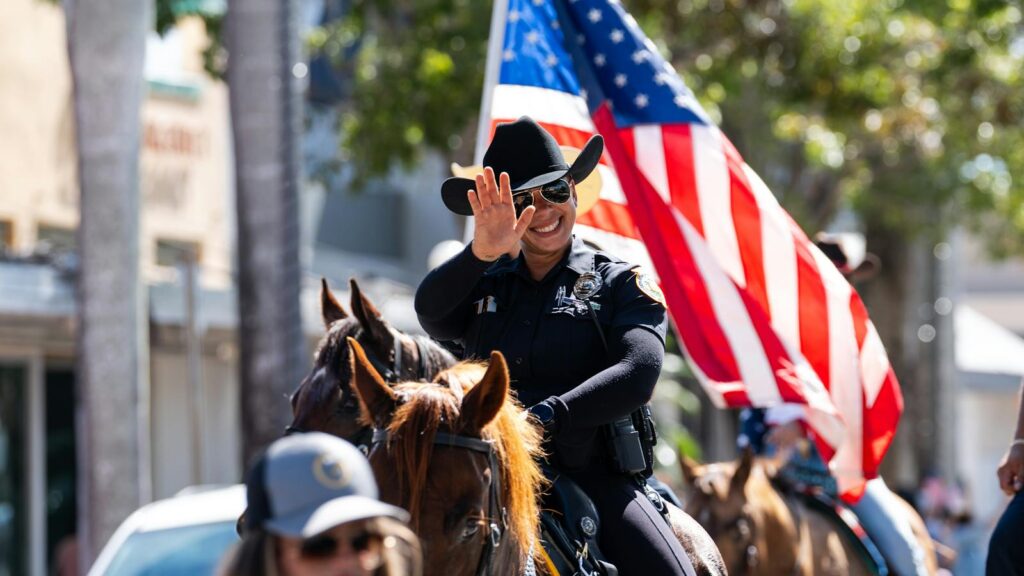
Across North America, traditional dude ranches have undergone remarkable transformations to embrace the equestrian wellness movement. In Montana and Wyoming, historic ranches have added dedicated wellness facilities, hiring specialized staff including yoga instructors, massage therapists, nutritionists, and mental health professionals to complement their existing equestrian programs. Arizona has become a hub for desert-based equestrian wellness, with several properties offering programs that combine horseback exploration of the Sonoran landscape with indigenous-inspired healing rituals and plant medicine education. California’s wine country features several boutique equestrian retreats that pair horsemanship with viticulture experiences and farm-to-table nutrition education. Canadian mountain retreats in British Columbia and Alberta offer programs emphasizing wilderness connection, combining backcountry trail riding with forest bathing, wildlife observation, and outdoor meditation. These North American destinations typically emphasize the freedom and expansiveness of their natural settings, creating experiences that foster a sense of liberation and reconnection with the natural world.
Emerging Markets in Asia and Oceania
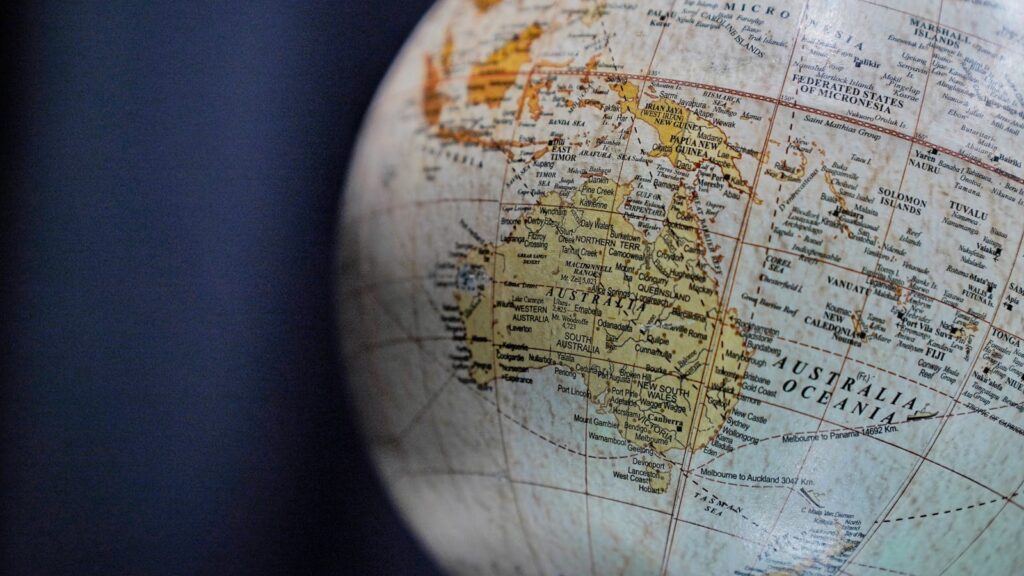
Asia and Oceania represent rapidly growing regions for equestrian wellness tourism, blending Eastern wellness philosophies with equestrian traditions. Japan has developed several retreats combining traditional horsemanship with onsen (hot spring) bathing, forest therapy, and meditation practices derived from Zen Buddhism. In Bali, Indonesia, new retreats pair horse interactions with traditional Balinese healing rituals, yoga, and ayurvedic treatments in lush tropical settings. Australia’s equestrian wellness sector is thriving, particularly in Queensland and New South Wales, where programs often emphasize connection with native landscapes and incorporate aboriginal wisdom traditions alongside conventional equine activities. New Zealand has developed several destinations that combine Maori cultural elements with equestrian adventures through the country’s dramatic landscapes, often featuring therapeutic sea bathing with horses. Throughout these regions, there’s a strong emphasis on integrating local healing traditions and cultural practices with equestrian activities, creating experiences that are deeply rooted in a sense of place and indigenous wisdom.
Specialized Programs for Mental Health
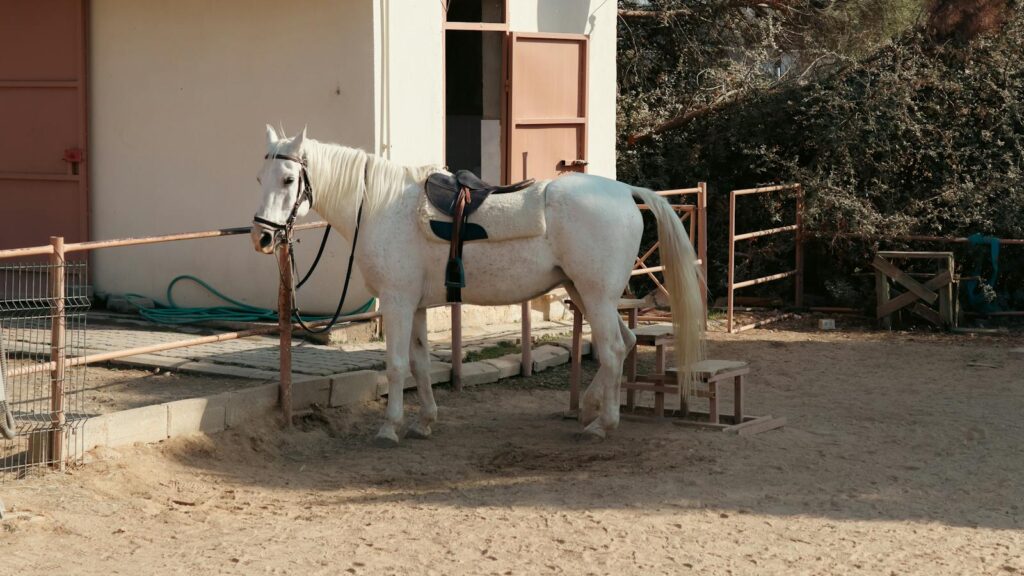
Specialized equestrian retreats focusing exclusively on mental health outcomes have emerged as a significant segment within this growing industry. These programs often employ certified equine-assisted psychotherapists who work alongside the horses to address specific conditions such as anxiety, depression, PTSD, and addiction recovery. Unlike general wellness retreats, these specialized programs typically include structured therapeutic sessions, individual treatment plans, and clear clinical goals. Some retreats focus on grief processing, using equine activities to help participants navigate the complex emotions associated with loss through metaphorical exercises with horses. Corporate burnout recovery programs have become increasingly popular, offering executives and professionals immersive equestrian experiences designed to reset stress responses and develop sustainable work-life balance strategies. These specialized mental health retreats often provide continuing support resources after the retreat concludes, helping participants integrate their equine-facilitated insights into daily life.
The Role of Luxury and Exclusivity
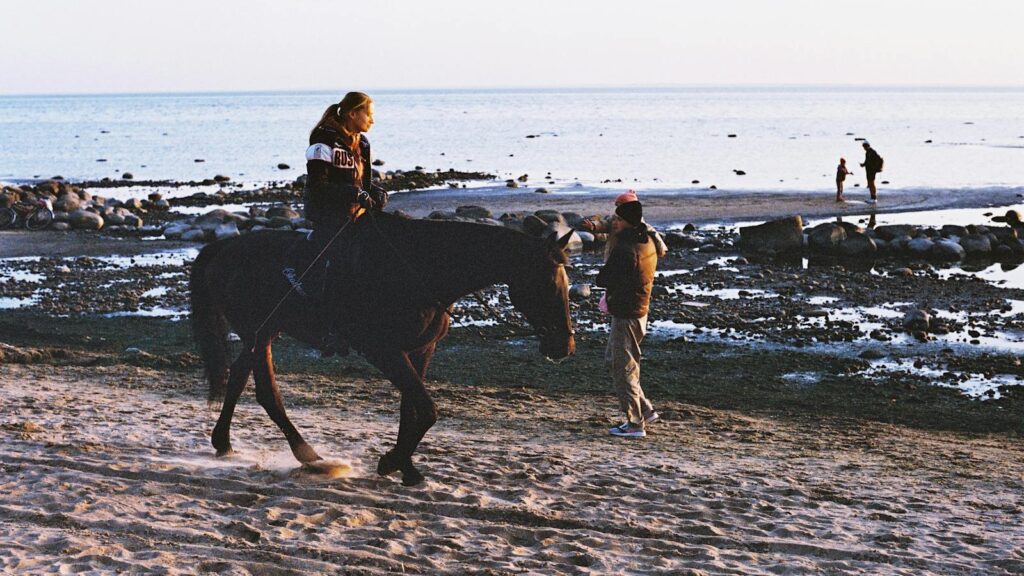
The upper tier of the equestrian wellness market has embraced luxury as a key component of the healing experience, creating exclusive destinations that combine premium amenities with transformative equine encounters. Ultra-luxury properties in destinations like Andalusia, Spain, and Santa Fe, New Mexico, offer private casitas or villas, personal chefs preparing customized nutrition plans, and one-on-one sessions with world-renowned horse trainers and wellness experts. These exclusive retreats often feature rare horse breeds with particular therapeutic qualities, such as Andalusians, Lipizzaners, or specially trained therapy horses with exceptional sensitivity. Privacy is a major selling point for these high-end destinations, with many catering to celebrities, executives, and public figures seeking transformative experiences away from public attention. Some luxury properties have developed signature treatments that blend equestrian elements with premium spa services, such as massage therapies incorporating horsehair brushes, saddle-sitting meditation, or aromatherapy using scents that enhance horse-human bonding. While significantly more expensive than standard wellness retreats, these exclusive experiences often deliver exceptional results through their personalized approach and attention to detail.
Sustainability Practices in Equestrian Retreats
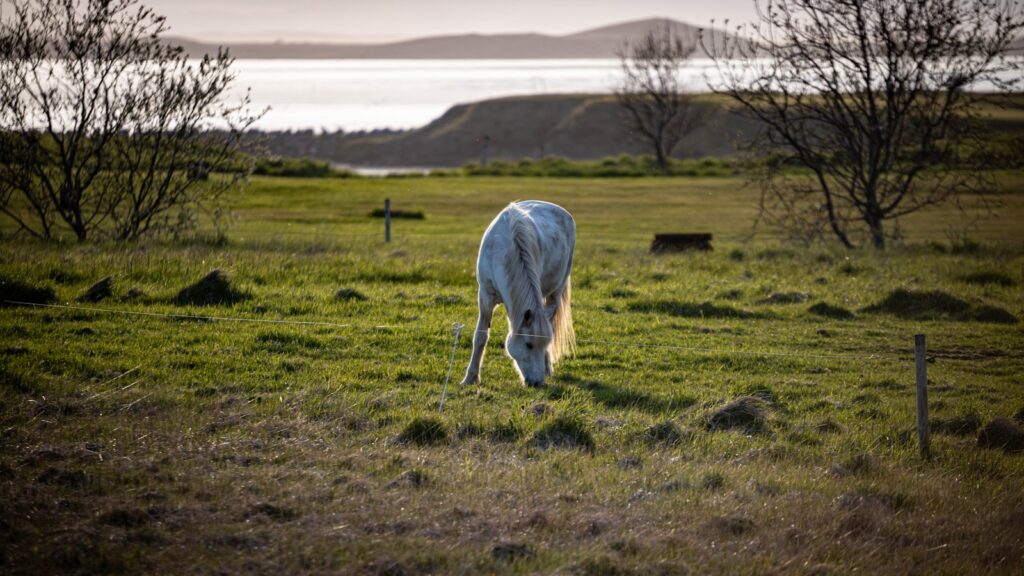
Environmental consciousness has become a defining characteristic of modern equestrian wellness destinations, with many retreats implementing comprehensive sustainability initiatives. Regenerative grazing practices allow retreats to maintain healthy pastures while sequestering carbon and improving soil health, addressing concerns about the environmental impact of keeping horses. Many properties have installed solar arrays, rainwater collection systems, and energy-efficient facilities to minimize their carbon footprint while educating guests about environmental stewardship. Organic feed programs ensure that retreat horses consume non-GMO, pesticide-free nutrition, often sourced from local farmers to reduce transportation emissions and support regional agricultural communities. Waste management innovation is evident at leading retreats, where composting systems transform horse manure into garden fertilizer for on-site organic food production. These sustainability practices not only reduce environmental impact but also enhance the wellness experience by creating healthier environments for both horses and human participants.
Digital Detox and Mindfulness Elements

A cornerstone of many equestrian wellness retreats is their emphasis on digital disconnection and present-moment awareness, using horses as natural facilitators of mindfulness. Many retreats now offer “tech-free zones” or complete digital detox experiences, where participants surrender their devices upon arrival to fully immerse in the sensory experience of being with horses. Specialized mindfulness practices have been developed specifically for equestrian settings, including mounted meditation, breathing exercises synchronized with the horse’s rhythm, and sensory awareness activities that focus attention on the sounds, smells, and physical sensations of the equine environment. Horses are natural mindfulness teachers, as they respond instantly to changes in human attention and emotional states, providing immediate feedback that helps participants recognize when their minds have wandered. Some retreats incorporate guided journaling exercises after horse interactions, helping participants process insights and track their progress toward greater present-moment awareness. This combination of digital disconnection and horse-facilitated mindfulness creates a powerful environment for nervous system regulation and stress recovery.
Culinary Aspects of Equestrian Wellness
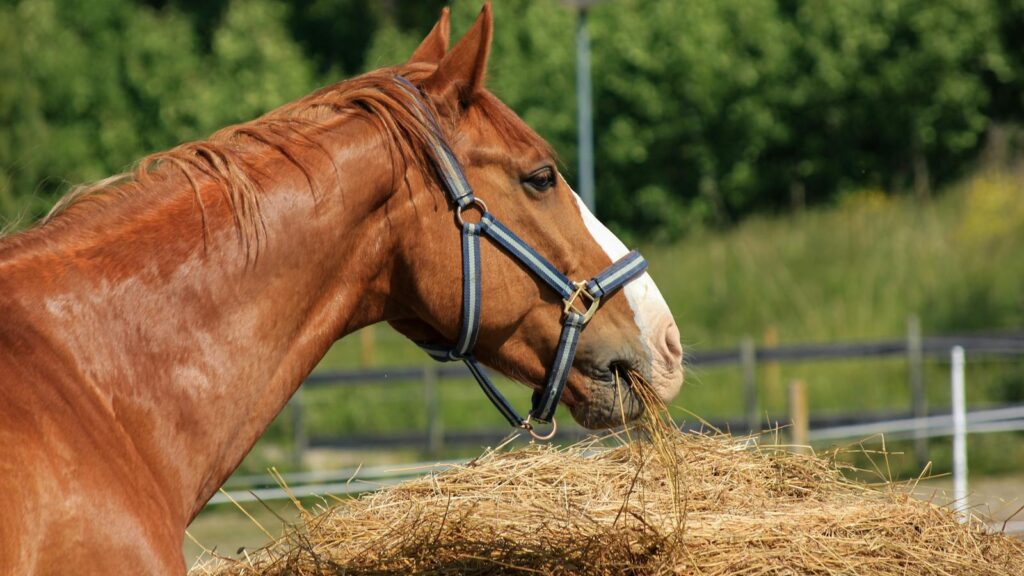
Nutrition has emerged as a crucial component of the equestrian wellness experience, with many retreats developing sophisticated culinary programs that complement their equestrian activities. Farm-to-stable approaches integrate the feeding of horses with human nutrition, often featuring educational components about the parallels between optimal equine and human diets. Chef-designed menus at leading retreats emphasize anti-inflammatory ingredients that support recovery from physical riding activities while providing steady energy throughout the day’s equestrian programming. Hands-on cooking classes have become popular additions to retreat schedules, teaching participants to prepare nutritious meals that support the physical and mental benefits gained from horse interactions. Herbal education is often incorporated, with some retreats offering workshops on traditional plant medicines used historically for both horses and humans. The emphasis on nutrition reflects a holistic understanding that physical nourishment is essential for integrating the emotional and psychological benefits of equine-assisted wellness activities.
The Economic Impact on Rural Communities

The rise of equestrian wellness tourism has created significant economic opportunities for rural communities worldwide, often revitalizing areas facing agricultural decline. These retreats typically employ local residents in various capacities, from horse care specialists and trail guides to chefs, housekeepers, and maintenance staff, creating year-round employment in regions that might otherwise depend on seasonal tourism. Many retreats source supplies locally, purchasing hay, feed, and bedding from neighboring farms while contracting with local food producers, artisans, and service providers. This economic multiplier effect extends beyond direct spending, as retreat visitors often explore surrounding areas, patronizing local restaurants, shops, and cultural attractions. Some communities have developed coordinated tourism strategies around their equestrian wellness offerings, creating regional identities that attract visitors seeking authentic rural experiences. The economic benefits extend to land conservation as well, as successful equestrian retreats preserve open spaces and agricultural landscapes that might otherwise face development pressure.
Future Trends and Industry Growth
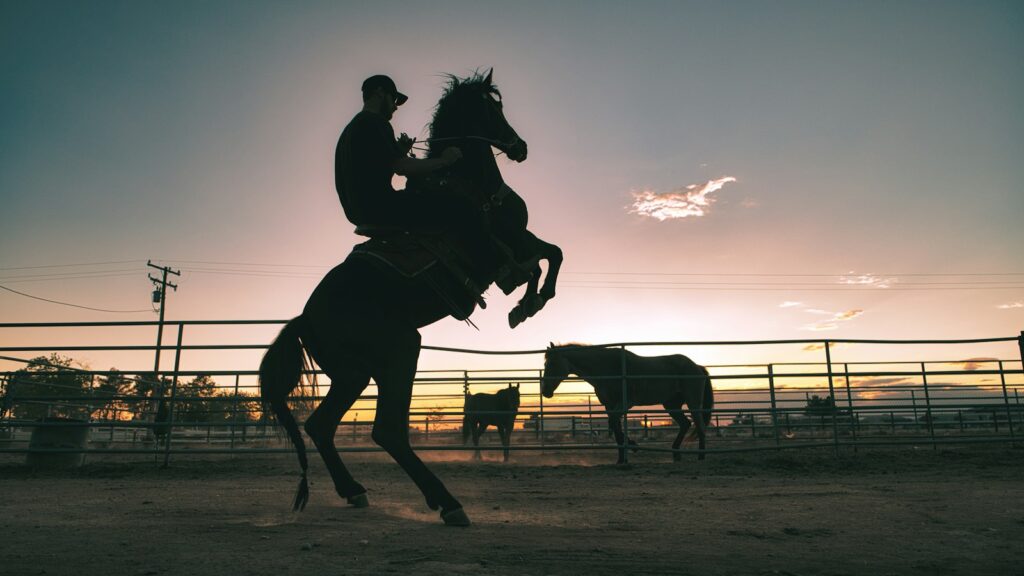
The equestrian wellness sector appears poised for continued expansion, with several emerging trends likely to shape its future development. Integration of technology is occurring selectively, with some retreats incorporating biofeedback devices that measure participants’ physiological responses during horse interactions, providing objective data about stress reduction and nervous system regulation. Corporate wellness programs are increasingly incorporating equestrian elements, with companies sponsoring employee retreats that use horse-facilitated activities to build teamwork, communication skills, and resilience. Multigenerational programming is expanding, with retreats developing activities that allow family members of different ages to experience equestrian wellness together, addressing the growing demand for meaningful family travel experiences. Medical tourism connections are strengthening, as some healthcare providers begin recommending equestrian wellness retreats as complementary approaches for patients with stress-related conditions, leading to potential insurance coverage for certain programs. As research continues to validate the health benefits of human-horse interaction, this industry will likely continue its expansion while developing increasingly sophisticated approaches to wellness through the ancient wisdom of horses.
conclusion
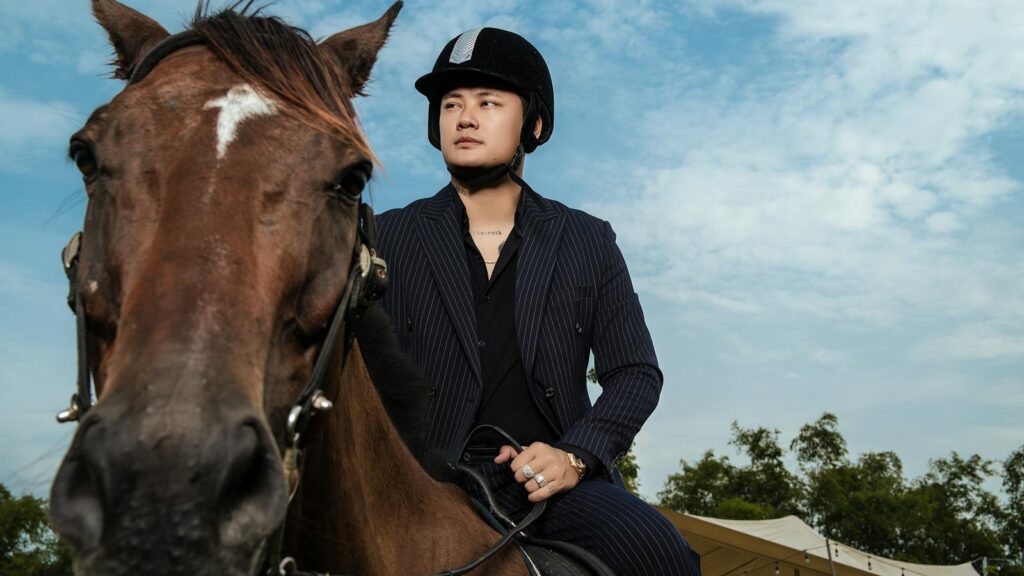
As equestrian wellness retreats continue to flourish around the world, they represent more than just a travel trend—they signify a profound cultural shift toward experiences that honor our ancestral connections with horses while addressing contemporary wellness needs. These retreats offer a counterbalance to our increasingly virtual existence, providing tangible experiences of embodiment, connection, and natural rhythm. Whether set against the dramatic mountains of Colorado, the lush vineyards of France, or the tropical beaches of Thailand, these destinations share a common understanding: horses have an extraordinary capacity to guide humans toward greater wholeness and wellbeing. For those seeking alternatives to conventional vacations or traditional wellness approaches, equestrian retreats offer a compelling proposition—the chance to find healing through one of humanity’s most enduring and meaningful interspecies relationships.

